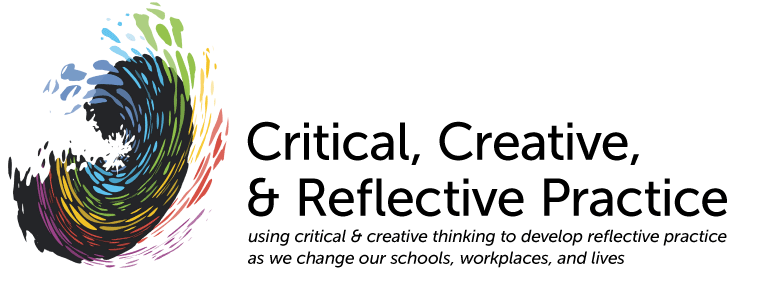Teaching about scientific and political change in times of crisis—Have we been sharing an outdated progressive imaginary about citizen engagement in science working with developments in social institutions to provide for the welfare of the populace?
Specific topics in the teaching of scientific and political change in which to explore and share emerging theory and research:
Jan-Feb, Science-policy connections to improve responses to extreme climatic events.
Feb-Mar, Rise and fall of grassroots or citizen initiatives in shaping the directions taken in science and technology.
Mar-Apr, U.S. versus Europe concerning the building of infrastructure built so that to make new genetic knowledge useful.
Apr-May, Teach and engage others to participate in questioning and shaping the direction of scientific and social changes.
|
|
